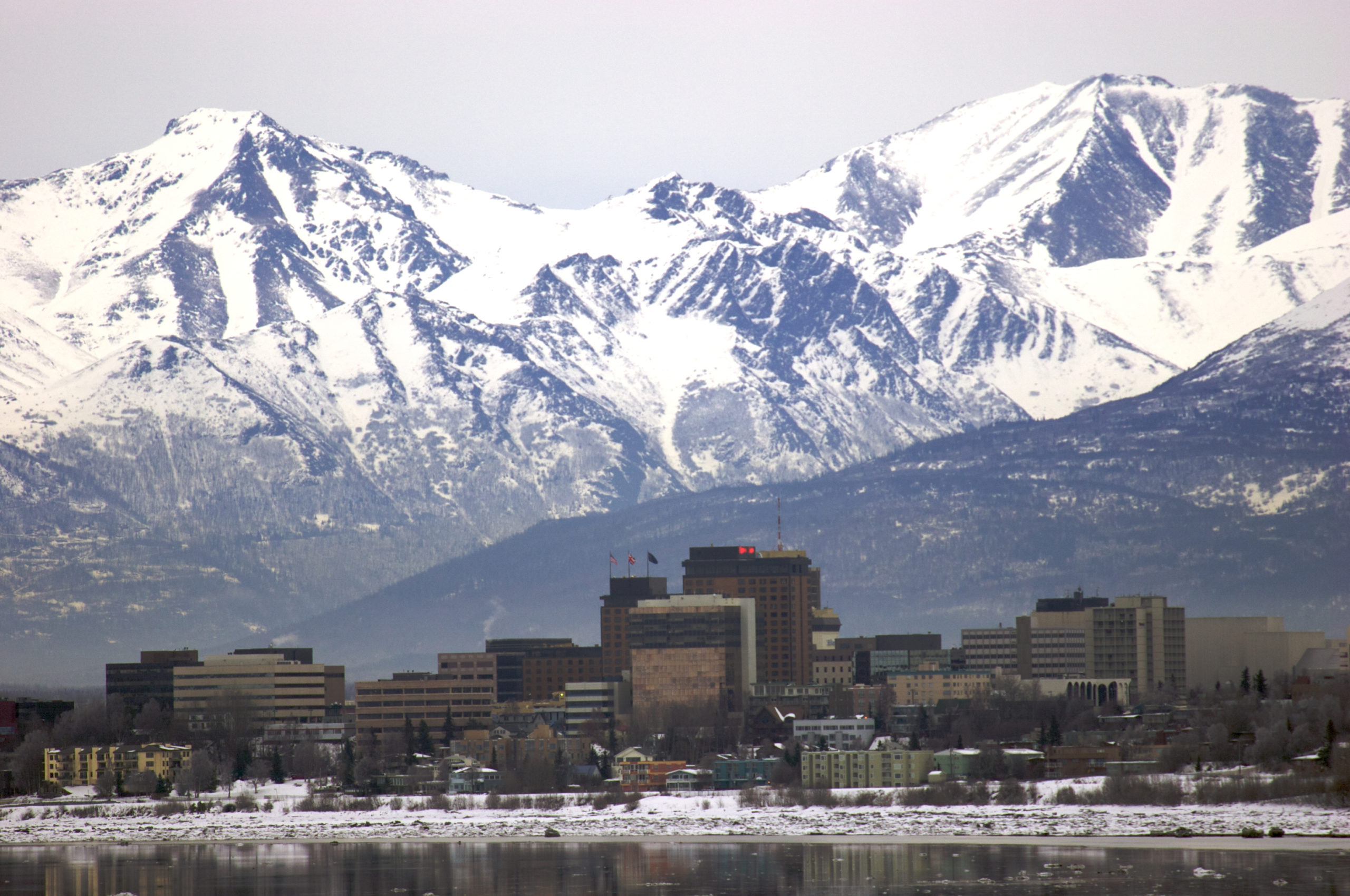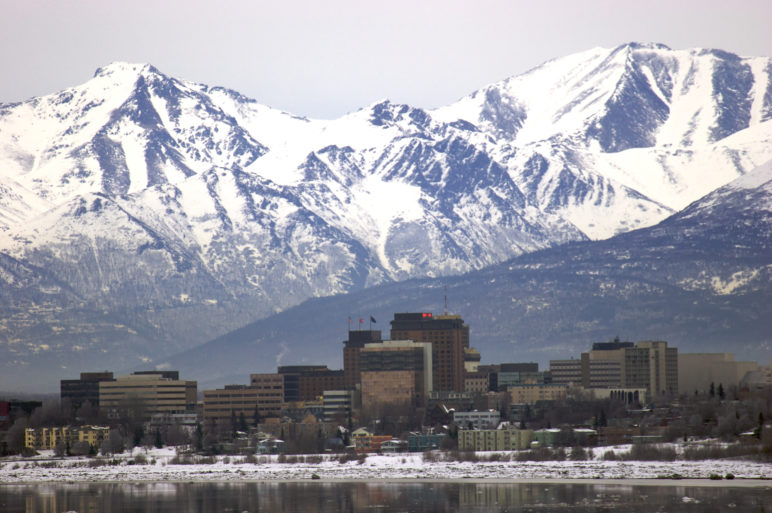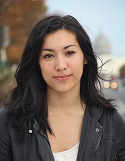To ensure safe, accessible voting in 2020 and beyond, Sightline recommends Alaska mail absentee applications to all voters who have not yet requested a mailed ballot. But we don’t recommend mailing forms only to some voters, and not to others. All voters, no matter their age, race, or political party, have an interest in voting safely during the COVID-19 pandemic.
When Alaska’s Lieutenant Governor Kevin Meyer announced the state would mail out absentee applications to voters 65 and older, he said the move was meant to protect vulnerable voters during the coronavirus pandemic.
But what began as a positive step forward quickly turned into a critical look at the way states could favor one voter group over another—and the legal dangers of a policy that tries to determine who is most impacted by COVID-19.
A lawsuit filed in Alaska’s federal court last month argued that state officials’ decision to send the absentee applications only to voters 65 and older discriminated against younger voters.
Advocacy groups—Disability Law Center of Alaska, Native Peoples Action Community Fund, Alaska Public Interest Research Group and two individuals—in the July 17 complaint alleged that the change violates the 26th Amendment of the US Constitution, favoring one voting group based on age and making it more difficult for younger voters to request absentee ballots. It argued that younger voters were far from immune to the coronavirus, especially those with underlying health conditions. Other advocacy groups have since joined the suit.
The advocates, represented by attorney Scott Kendall and Equal Citizens, said residents in Alaska’s rural areas would have a harder time voting due to the lack of reliable internet, and have limited access to medical facilities if they were to put themselves at risk of infection by voting in-person.
Plaintiffs said the policy also disproportionately impacts minorities, since a larger percentage of Alaska’s voters under age 65 are people of color. In 2018 one-third of Alaskans between ages 18 and 64 are people of color, but that percentage drops to 23 percent of those 65 and older, according to the U.S. Department of Labor and Workforce Development. And in a letter to Meyer in June, state Democratic Representative Matt Claman pointed to earlier disease outbreaks, including the Spanish Influenza of 1918, tuberculosis in the 1950s, and the H1N1 Flu in 2008, arguing that Alaskan Natives historically show a much greater risk of infection than those 65 and older.
The lawsuit wasn’t heard by the Anchorage Superior Court in time for Alaska’s August 18 primary, for which only voters 65 and older received absentee ballot applications. Other voters could get the application online if they knew about it.
So what did voter turnout look like in Alaska’s recent primary? Final returns came in Monday night. But the Alaska Division of Elections already reported a record turnout of absentee voters, not just among the state’s primaries but in elections overall, according to the Anchorage Daily News. More than 63,900 voters in the primary requested absentee ballots, and nearly 8,000 voted early in-person, according to the state. Official results finalized August 31 showed turnout was at 22.7 percent of Alaska’s roughly 588,000 registered voters.
Advocates worry that unless this practice favoring older voters is stopped in Alaska, other states may take it up. So, the stakes are high for Alaskans and voters across the US. And nothing should stand in the way for Alaska to get absentee ballot applications to all voters. The Alaska legislature in March passed a Senate bill that extends the public health emergency due to the coronavirus to November 15 and allows the lieutenant government to choose to send mail-in ballots to every voter in the state for the rest of the year. Meyer has so far rejected the idea.
Sightline Institute is a 501(c)3 non-profit organization that does not support, endorse, or oppose any candidate or political party.









